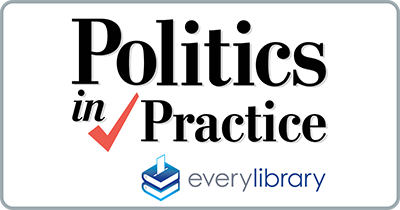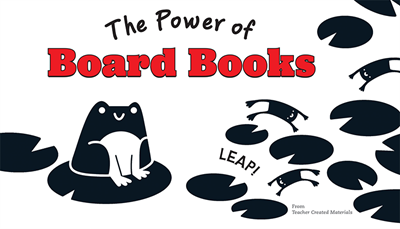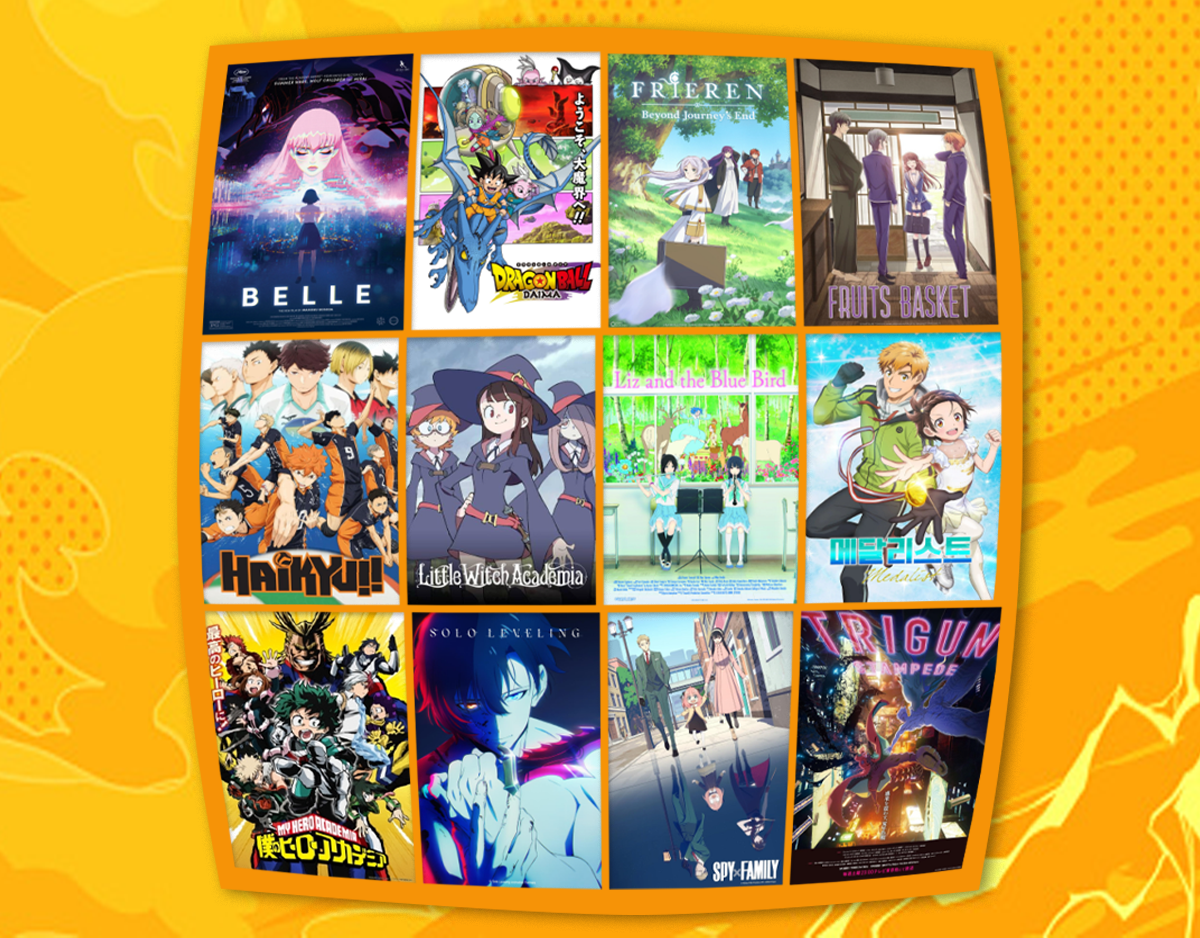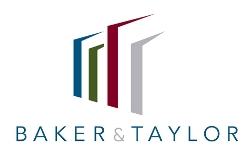The Annual Report as an Advocacy Technique
The culture, needs, and interests of schools, students, and faculty are always changing and evolving. Because of this, funding and budget allocation must be reexamined regularly. While budget reallocations can free up a lot of extra money from unnecessary spending, many worthwhile efforts are caught in the crossfire. Making annual (or even monthly) reports on the spending, impact, and benefits of a specific program helps build a case in favor of it come time for the next budget meeting. As a program that survives purely on public funding, school libraries stand to benefit greatly from these reports, not just as a means to receive funds, but as a tool to advocate for those they serve.
Importance of the Annual Report
Librarians can draft up plans that address specific concerns of the school district. Chances are, there’s something specific that school officials are looking to accomplish, whether that’s improving academics or providing students with a wider range of learning resources. Once a librarian understands these goals, they can write their report accordingly, detailing how helping the school library will ultimately help the school as a whole.
The Components of a Report
For a report to be of any use, it’s important to cover all the important bases and detail a comprehensive plan of action. First of all, you have to prove that your work in the past has helped the community. This is best accomplished through a combination of irrefutable data and statistics, testimonials from those you’ve helped, and success stories from your past efforts. School libraries do so much for so many people, and it’s important for those who are writing up the budget to know that.
However, results alone are often not enough to ensure your school library remains well-funded. For all their benefits, school libraries are still quite expensive to run, so any budget committee worth its salt is going to confirm that the benefits are worth the cost. Thus, your reports should include detailed info on how much money you have available, how much you’ve spent since the last report, and what you’ve spent it on. Not only will this show the committee that you keep track of your money and have put it to good use, it’ll also help you keep track of your finances and make the best possible investments for your school library.
Aside from a report on previous and current spending, it’s also worth putting together a plan for future spending. Without some sort of plan in place, the money you’re given won’t be able to do as much work, and budget committees are acutely aware of this. Without some sense of direction for the future, they’re likely to be a bit hesitant to allocate large amounts of funding to your school library.
Even outside of the context of securing funding, having such a plan in place is generally a good idea. It gives you goals to work towards and steps to get there, and gives the citizens funding the library a bit of transparency, letting them know that their tax dollars are in good hands. And of course, if you have a particularly ambitious plan, having it in writing is a great way to secure more funding for your library in the coming years, allowing you to further expand the services you offer and help a wider group of students and teachers.
Incorporating Feedback and Continuous Improvement
When using annual reports as a tool for advocacy, it is crucial to incorporate feedback mechanisms and commit to continuous improvement. School libraries can showcase their ability to adapt and respond to their constituents’ needs by actively seeking and integrating feedback from students, faculty, and the community. This feedback loop not only provides first-hand insights into the impact of library services but also highlights the library’s proactive approach to improving educational outcomes. Regularly highlighting improvements made in response to previous feedback underscores the library’s dynamic and evolving nature and reinforces its commitment to serving the community. Additionally, this approach strengthens the connection between the library and its stakeholders, making garnering support for necessary funding easier. It emphasizes the library program’s role as an accountable and transparent entity committed to excellence, rather than just a beneficiary of public funds. This strategy ensures that the library remains relevant and aligned with the shifting priorities of its community, thereby strengthening its case for continued or increased funding during budget deliberations.
Considering Broader Cultural Context
When writing your report, consider current social, cultural, and economic trends as well. As a school library, you’re one part of a much wider district, and are thus very directly affected by these trends. Take, for example, initiatives surrounding Social Emotional Learning, (SEL) digital equity, and personalized learning. School districts (and really, the American education system as a whole) are leaning more and more towards a teaching style that emphasizes the individual student, whether by addressing their economic needs or teaching them to manage their emotions safely and healthily. Libraries are the perfect place for these initiatives to grow, as they already present a safe space for learning, interaction, and development. Aligning your library’s goals with those of the wider school district is a great way to receive more widespread support, so it’s worth at least considering.
At the end of the day, the goal of these reports isn’t to receive more funding, it’s to ensure you can continue to help a generation of young learners. The funds are ultimately just a means to an end. With those funds, you can continue to curate a diverse collection of books, educational resources, and other informative media, give students a chance to pursue knowledge on their own terms, and create a more welcoming school community overall. That’s the end goal of any library and a goal that’s well worth striving for.
About John Chrastka
EveryLibrary’s founder is John Chrastka, a long-time library trustee, supporter, and advocate. John is a former partner in AssociaDirect, a Chicago-based consultancy focused on supporting associations in membership recruitment, conference, and governance activities. He is a former president and member of the Board of Trustees for the Berwyn (IL) Public Library (2006 – 2015) and is a former president of the Reaching Across Illinois Libraries System (RAILS) multi-type library system. He is co-author of “Before the Ballot; Building Support for Library Funding.” and “Winning Elections and Influencing Politicians for Library Funding”. Prior to his work at AssociaDirect, he was Director for Membership Development at the American Library Association (ALA) and a co-founder of the Ed Tech startup ClassMap. He was named a 2014 Mover & Shaker by Library Journal and tweets @mrchrastka.
ADVERTISEMENT
ADVERTISEMENT
SLJ Blog Network
Diverse Scholarship and the Islamic Golden Ages: A Q&A with M.O. Yuksel About The Prince of Stars
Tamia and the Memories of the Dragon | This Week’s Comics
Goodbye for Now
Fast Five Interview: Janice Milusich
Kelly Yang on Storykind
ADVERTISEMENT






